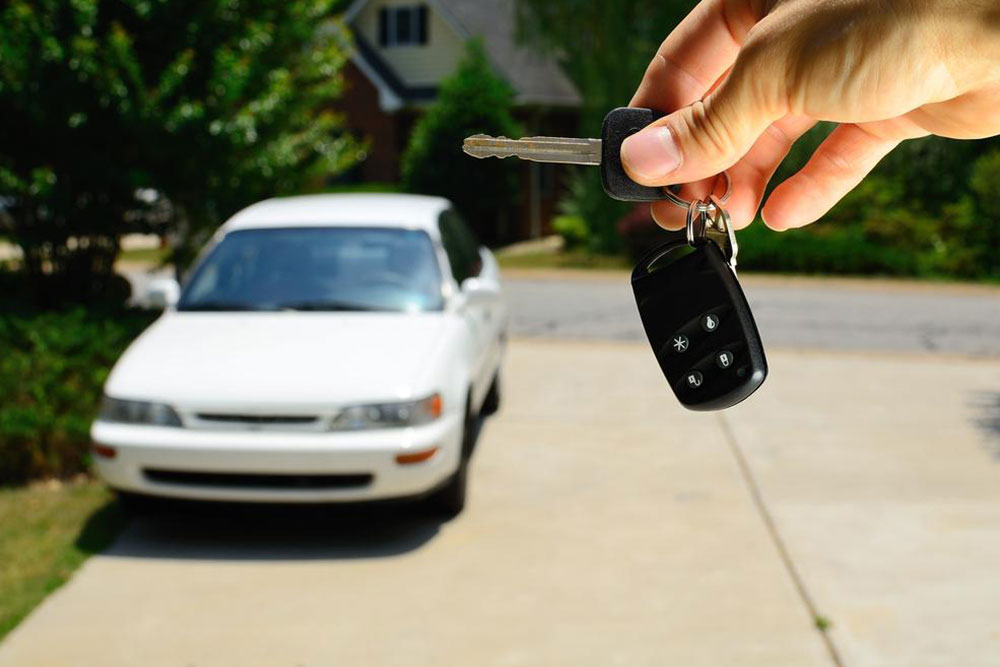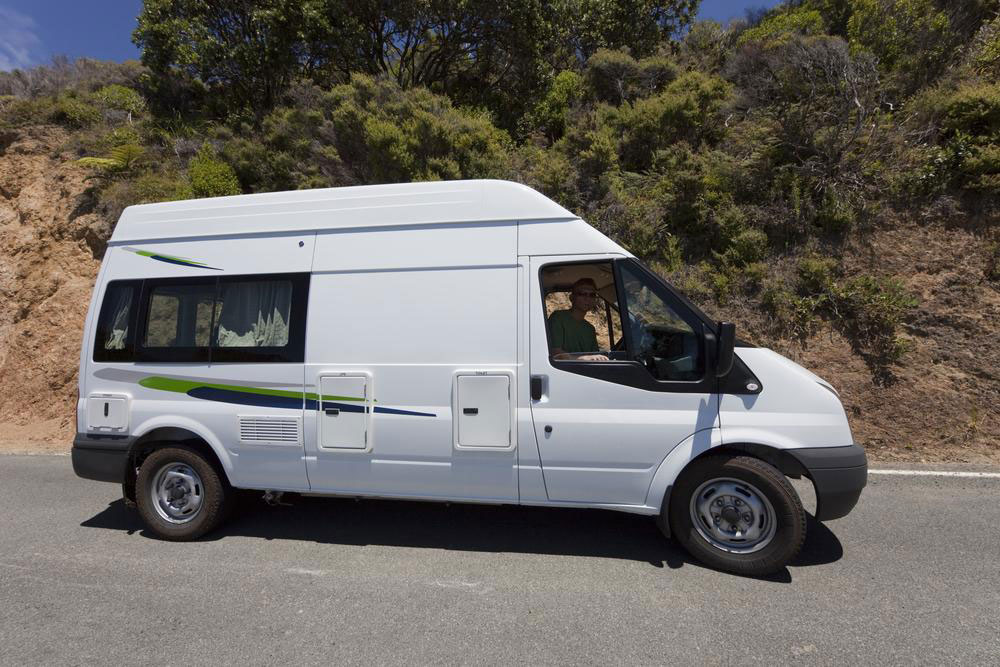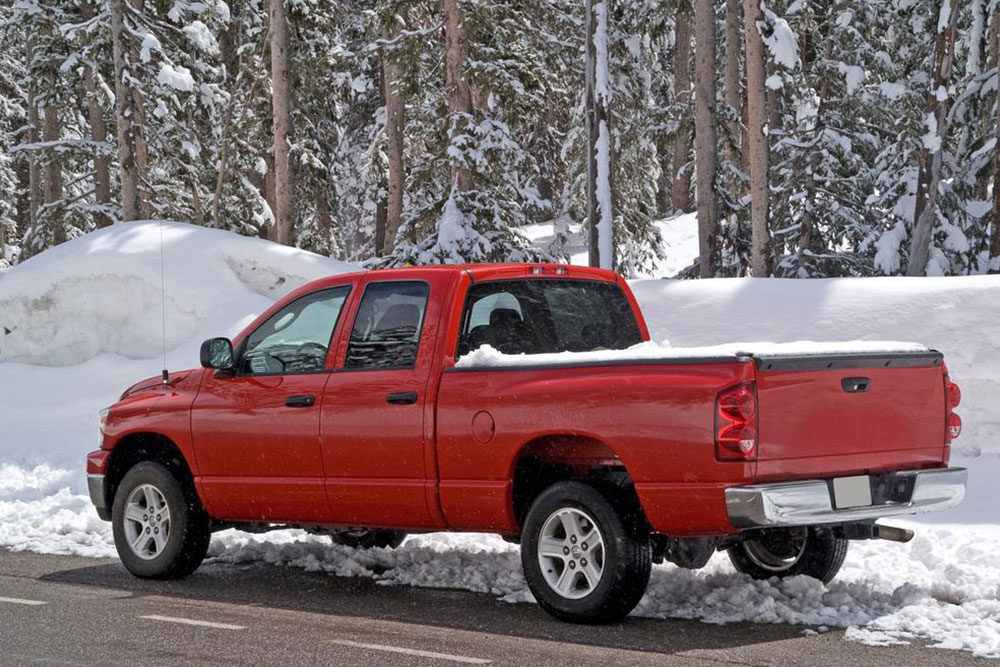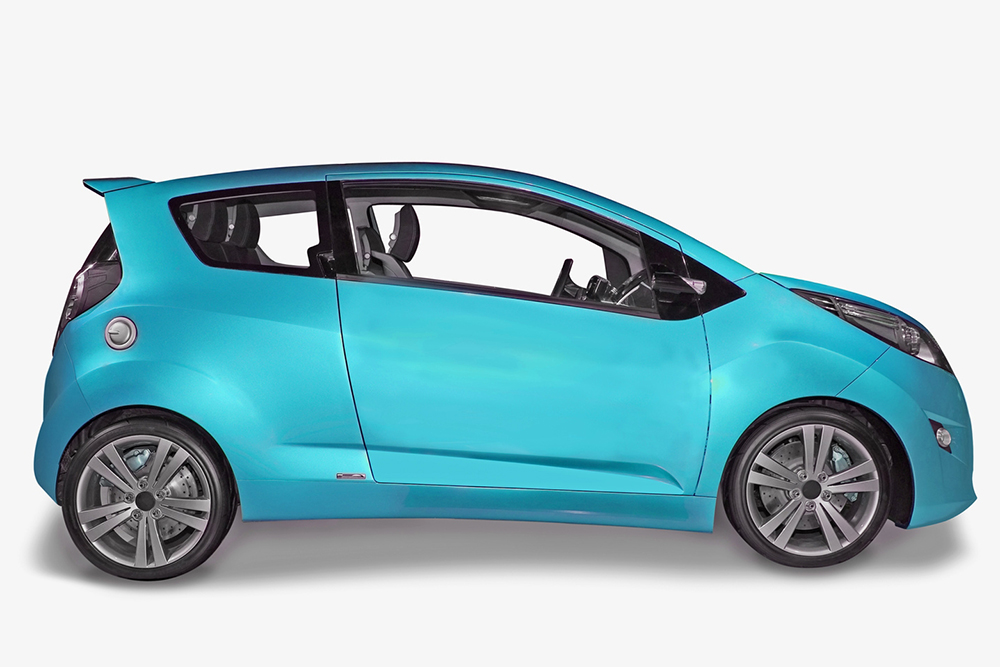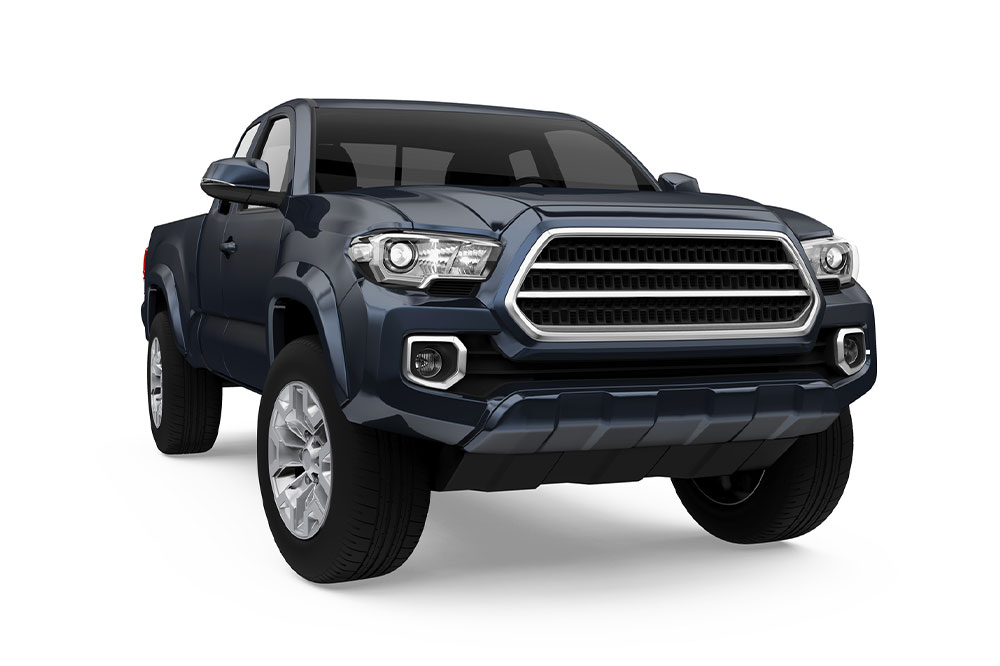How to Secure a Good Deal on Repossessed Vehicles
Discover effective strategies for buying repossessed vehicles at favorable prices. This guide highlights ways to purchase directly from lenders, through resellers, or used car dealers, ensuring a smart investment in used cars. Learn how to inspect, bid, and avoid common pitfalls for a successful repo car purchase.

Guidelines for Purchasing Repossessed Vehicles
Opting for a repossessed (repo) vehicle can lead to significant savings, but it’s essential to ensure you're making a smart investment. Lenders repossess cars when owners fail to make payments. To motivate owners to continue payments, lenders often work with them during the grace period, typically ten days after default, before repossession. After repossession, owners may neglect or dismantle the vehicle, making thorough inspection vital.
If you're planning to purchase a repo vehicle, consider these key tips:
Buy directly from the lender
Reach out to banks or credit unions that hold repossessed cars. They often allow inspections and may offer financing options. Be sure to review the vehicle’s condition using resources like the NADA guide and bring a mechanic for an expert assessment.
Use a repo car reseller
Repossession resellers buy multiple repo cars to sell. They typically inspect and clean vehicles before resale and keep their margins modest due to volume sales. Bid slightly above the minimum price and avoid additional charges like inspection fees.
Consider used car dealership services
Some used car dealers acquire repossessed vehicles, refurbish them, and offer warranties. This option often provides better quality assurance and added guarantees, making it a safer choice for buyers.


